What If Smartphones Have Never Been Entered
What If Smartphones Have Never Been Entered? The year 2023 will be celebrating 50 years of mobile phones, which means that an increasing number of us have spent our entire lives with this technology in our hands. And today, those old-fashioned mobile phones feel like a handful of other years, with modern devices apparently becoming the most influential gadgets in modern times. This is Revealed, and today we answer a strange question; What if smartphones have never been developed? Are you really right? Are you always curious? Then why not subscribe to Unveiled to get more clips like this? Then ring the bell for more interesting content! Clearly, the smartphone is a different kind of appearance from everything that came before it - including those that were once very smooth and had the most popular styles of the 90s, as well as funny bricks that were proudly carried in the late 70s and 80s.“Pay attention to humans, not to your phone.”
― Abhijit Naskar
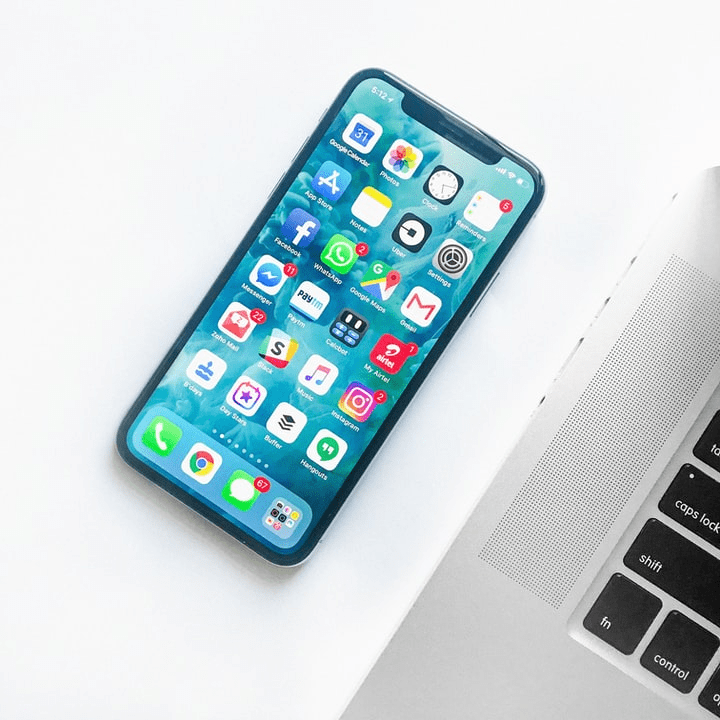
The first smartphone device was the SimonPersonal Communicator from IBM, built-in 1992 - even though it was three years before the word "smartphone" was widely used. Similarly, we still have different social groups when it comes to how we view advanced mobile devices: you can be a digital immigrant or you are a digital native. That is, you have adapted, or accepted, or rejected certain technological trends that have emerged in your life, or you never know anything different because Smartphones and the like have been around since your birthday. In a 2019 revised report from the Pew research center in Washington D.C., nearly ninety-six percent of Americans own an average mobile phone, and eighty-one percent have a smartphone. Less than a decade ago smartphone ownership was only thirty-five percent, indicating that we - and especially indigenous technology in the region - are increasingly sticking to our mobile devices.
" Home is where the heart is today, but today, the PHONE is where the heart is!!! "
- Rachita Cabral
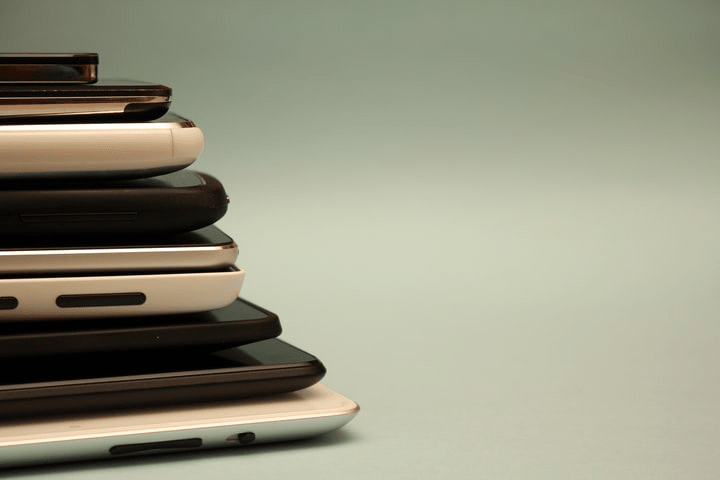
Take smartphones away at once, or in fact, you may not even know them from the beginning, and the world may feel very different - for better or for worse. Without Smartphones, we would be free to connect 24/7. Without the motivation to write down our daily lives, the simple fact that none of us will be on our phones will be the most obvious, immediate change. There are no photos you have taken, no photos of our lunch, and you are not sharing status updates. We will be forced to live for the moment, to create our own memories, and to rely on them alone, unlike the hundreds of images that take up space on our devices. Without phones as a distraction, it is also possible - or possible - that our intelligence and general motivation will increase, just as we will end up using our free time doing other than playing or looking at our screens. The so-called "fear of missing out" will also get you down, as that connection to instant, real-time information would not exist. After all, if smartphones had never happened, we would never have turned them off completely. Some computers and the Internet would still exist, simply portable, portable, online, and nightly.
" In the next 10 years, I expect at least five billion people worldwide to own smartphones, giving every individual with such a phone instant access to the full power of the Internet, every moment of every day. "
- Marc Andreessen
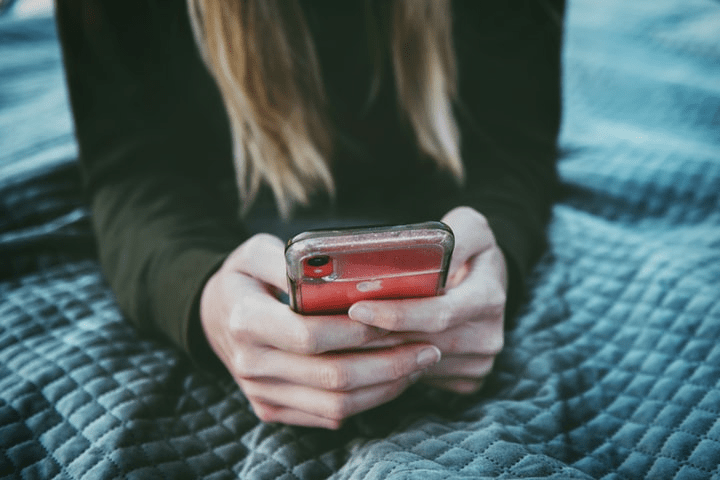
We would still have a wealth of information and the opportunity the internet offers us, but we would lose all the benefits directly to smartphones. Current weather alerts, traffic updates, GPS maps, and quick access to the latest news stories as they happen - we wouldn’t have these simple things. Even with open communication, communication between all of us will be slow - a problem for emergency services, which rely on mobile phones - now and on smartphones - to read, detect and reach the scene of a crime or accident. We would still be able to communicate with friends and relatives around the world via email, landline, or postal service, but texting, texting, or video calling would not be possible. However, the issue of overreacting to our smartphones for trivial reasons is often repeated, especially when it comes to social media. And there are growing numbers of people who think that our frequent access to social media is harming our lives in general. For example, a 2017 study from the National Center for Biotechnology Information touches on the link between physical disorders and dysmorphic disorder and the use of social media, especially among adolescents and adolescents.
"When you stop and think about it, a smartphone is basically a whistle you can carry."
- Steve Wozniak
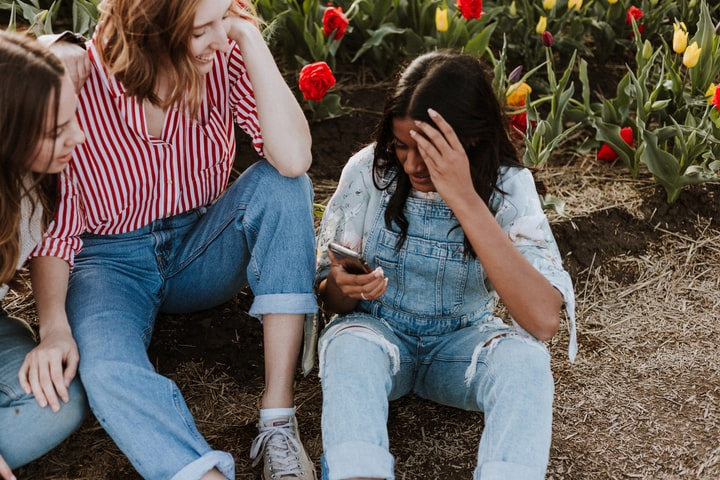
The article suggests that taking selfies too much, combined with the opposite view of reality presented on sites like Instagram and Twitter, could contribute to a reduction in self-esteem. So, if we were living in a world without Smartphones, would these pressures to conform to social norms or to try to match the physical perfection of others is a thing of the past? Yes, yes, and no. The basic desire to "join the Joneses" may remain part of the human experience, but it is possible that, without the continuous state of conscious communication, we may see a decline in the number of young people suffering from social anxiety, or disorders such as physical dysmorphia.

Today's smartphone market is also big business, with many companies like Apple and Samsung competing to suit us. And then there are wireless carriers in the dog-food-dog race to set up our data plans and long-term phone contracts. Needless to say, if smartphones weren’t a “thing”, all of these companies would look completely different. Is it possible that Apple, for example, its businesses today rely on the growth of the iPhone, or continue to float? Business professionals would also be clearly different. And the employer’s expectations about the production have tended to increase with the rise of the smartphone. Employees rarely “stay away from their desk” these days, thanks to email apps that are always open. But, without smartphones, it would be easy to “finish the weekend” and say that. In the meantime, the way companies advertise may have evolved differently, too.
"We get one of these little pings on our smartphones, and we get a little hit of dopamine as well. We get excited. We feel the anticipation. As we feel this, we want it more and more. So we spend more and more time looking at our phones."
- Kim Stolz
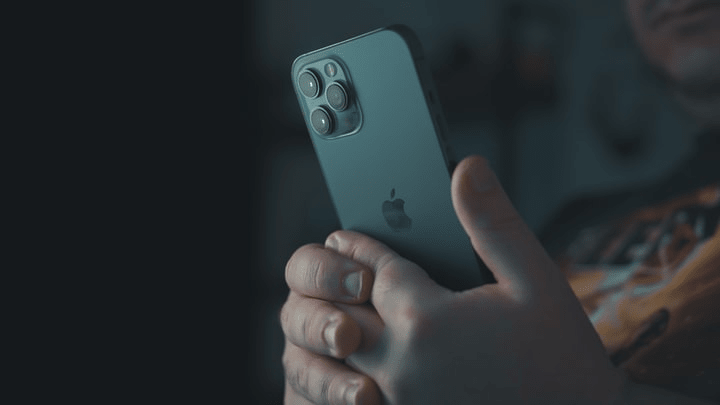
While social media will still show an active platform, with no customers sticking to their smartphone screens, business owners have become increasingly reliant on “word of mouth” as the real way to success. And that's because strange conversations and face-to-face contact would have changed differently - in that they would be a normal way of communicating. A 2015 study by Elon University Professor Emily Drago quoted more than half of college students mentioned as preferring to use their phones to communicate, compared to human conversations - but such a number would not have happened if smartphones had not been developed. Interestingly, about 9 percent of the students from that study also complained that real conversations get messy when someone else uses their phone at the same time. But this would not be a problem, either.

In terms of other social media, apart from smartphones, we have never seen the emergence of dating apps. Relationships instead can be formed in the traditional way, where romantic lovers meet by chance, go on dates, and talk to each other - without swiping once or left. It's a way of communicating with people we never even thought of. All things considered; social conditions would be too much “social” without smartphones to get in the way. So, that's work and play, but what about school and home? Sadly, the deletion of smartphones in our cultural history would not have reduced bullying in general, but we may not have seen the reported catastrophic increase in online abuse of young people suffering today. As with all sections of society, school children will not have the general need to "check their phones" at any time - which can lead to close friendships, minor disruptions in the classroom, and, again, social pressure.
"The smartphones and the computer separates everybody, makes you think that you don't need nobody else."
- Bootsy Collins
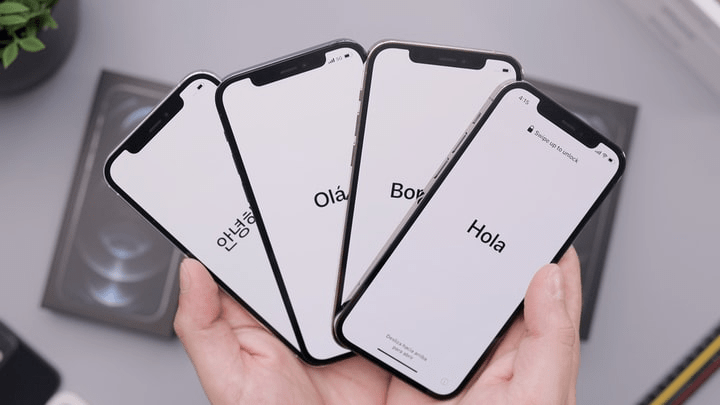
However, smartphones have also become an important research tool, so there is a clear decline in education - not to mention that assignments will be difficult to complete, and large families will still have to put time on their home computer to ensure everyone has access to their online studies. And we never grew up accustomed to easily answer any question or to fix almost any issue, with just a few taps on of our phones. Instead, we will have to read and memorize the information, ready to receive it from our brain if needed. In his 2012 book "Digital Dementia," neuroscientist Manfred Spitzer links the excessive use of digital technology with the memory of short-term memory. . Surprisingly, the difference in the way our brains are processed would not be the end of biological mutations - because we too can have tiny thumbs up.
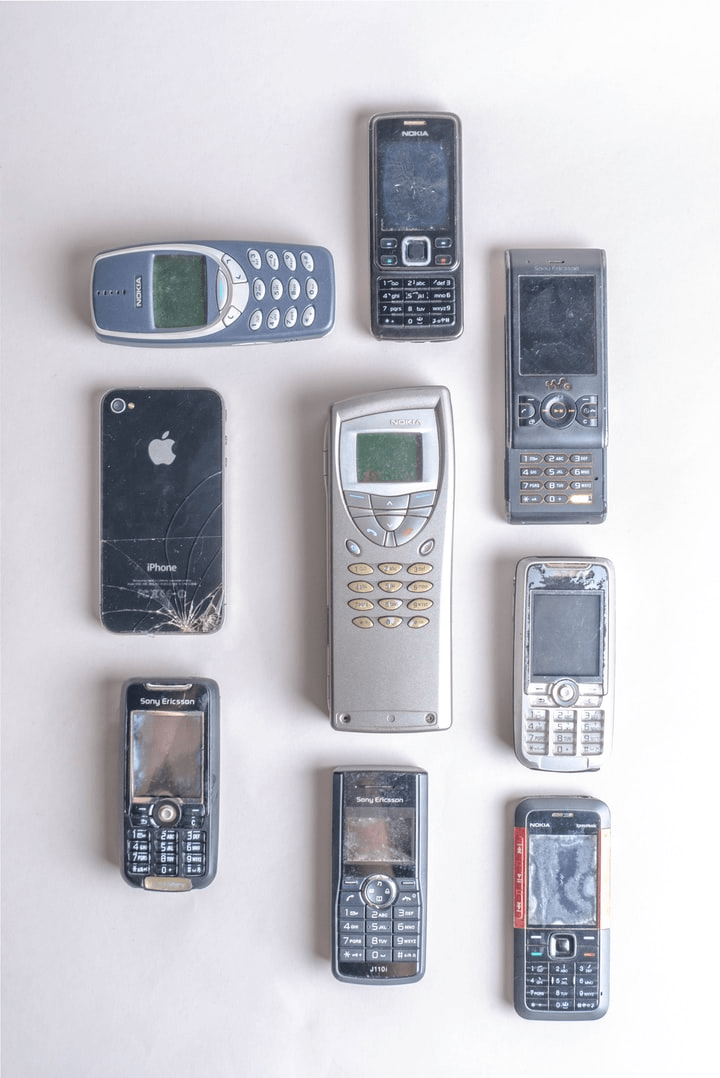
Yes, according to a 2016 survey conducted in the UK, one in twenty people felt that the thumbs they used to swipe their phones looked more and more mature. And, especially in America, it has become a growing problem - with more and more patients complaining to their doctors about pain and discomfort as part of the so-called "smartphone thumb". So, if smartphones have never happened, at least we wouldn’t have to fight that. A world without a smartphone is not something completely or otherwise, however. There are obviously good and bad when you think about our lives without them. For some, the prospect of a cell phone is unthinkable; for others, it can be a great improvement in modern society. At the moment, Smartphones don’t seem to be affecting us everywhere, the world is constantly changing, and we are constantly evolving ukwenza up to us to balance the use of technology and remember what connected us before we kept these devices in our pockets. But that is what would have happened if smartphones had not been developed.
"Where past generations had film cameras, scrapbooks, notebooks, and that part of the brain which stores memories, we now have a smartphone app for every conceivable recording need. The thing is, all that time you spend logging and then curating the quotidian aspects of your daily life is the time taken away from actually doing things."
- Graydon Carter

I hope this article was interesting, hope you like it.

0 Comments